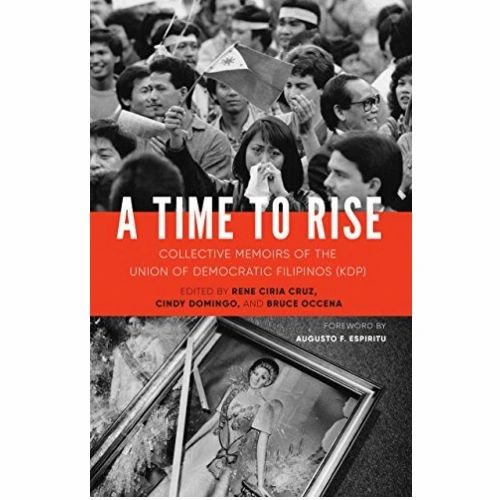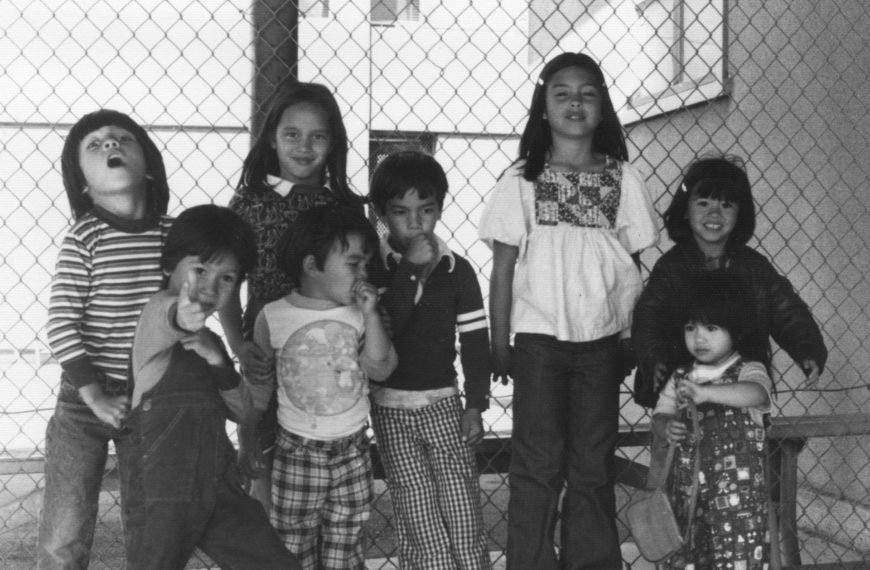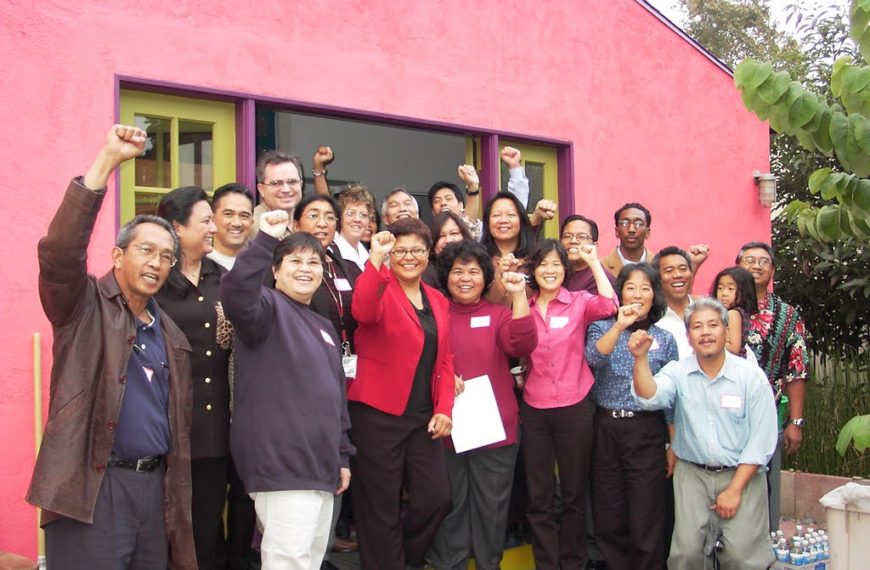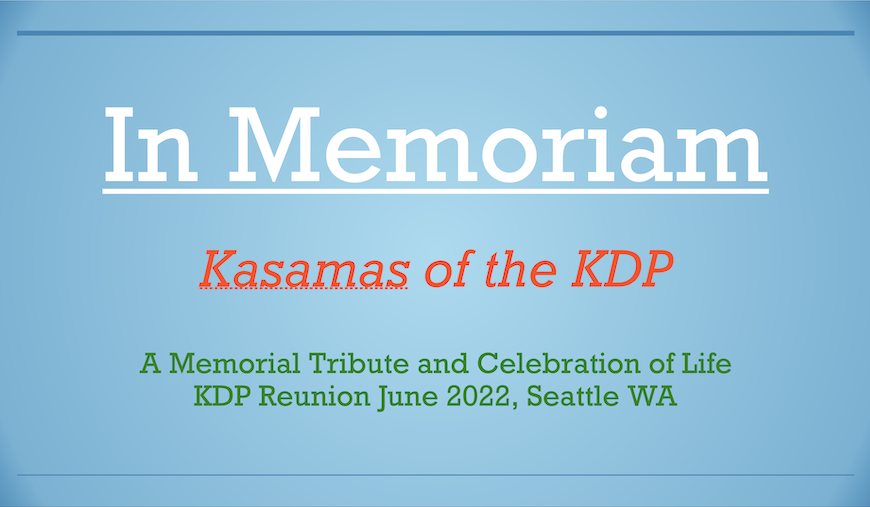KDP - Union of Democratic Filipinos
Katipunan ng mga Demokratikong Pilipino (KDP) - Legacy of Progressive US-based Filipinos in the 1970s & 80s
What Was The KDP?

By Rene Ciria Cruz (from “A Time to Rise”)
The Katipunan ng mga Demokratikong Pilipino (Union of Democratic Filipinos) was a unique political phenomenon in the Filipino American community in the ‘70s and ‘80s. The secret to the organization’s viability was its constant, detached analysis of the conditions that defined its community, in order to change them through progressive political activity. Marxist theory shaped the KDP’s collective consciousness. It was the lifeblood that sustained it for nearly two decades, through times both inspiring and dispiriting. With this consciousness, the young KDP activists were able to move in concert nationwide, wage and actually win political battles for reform and establish an undeniable “left” presence in what was a conservative postwar Filipino American community.

Though fully aware of their ambitious aims, the KDP’s founders could not foretell the marked impact their work would have on their community in more than a decade of activism. The new group became instrumental in keeping alive a broad U.S.-based opposition to the Marcos dictatorship in the Philippines, while also mobilizing Filipinos on the basis of steadfast advocacy for their rights as a minority group in this country.
It had fairly sophisticated operations, with a centralized national leadership and chapters in San Francisco, Los Angeles, Honolulu, Seattle, New York, Chicago, Philadelphia, Washington DC, Sacramento, San Diego, and affiliated organizations in Canada (Toronto, Vancouver and Montreal). Its newspaper, Katipunan, projected its politics until 1991, even after the group’s dissolution in July 1986.
The emergence of the self-described revolutionary organization was a provocative event in a relatively small but growing community then known for its political timidity. Traditional community leaders, ensconced in often-redundant councils and associations, or in openly reactionary publications, now faced a highly organized challenge, in a polarization that was both ideological and generational.




